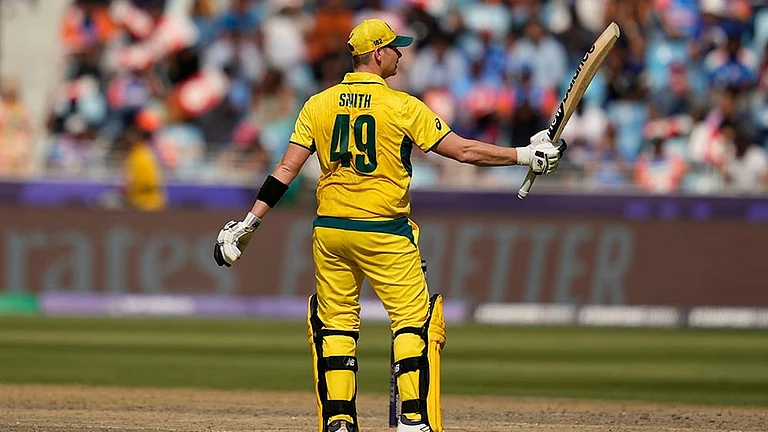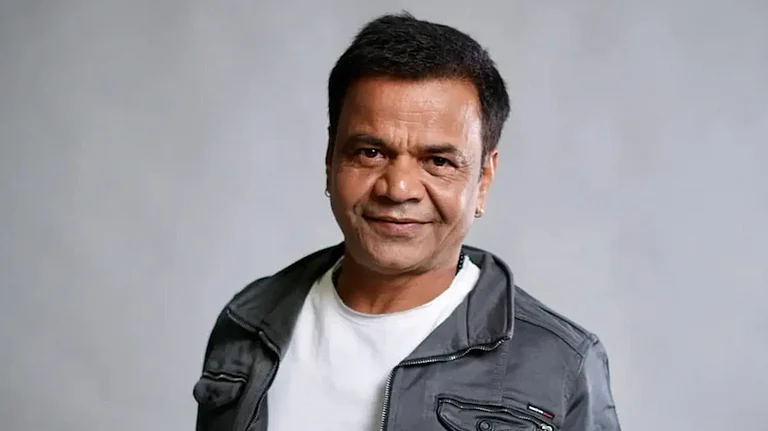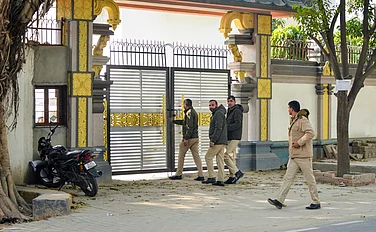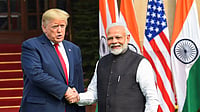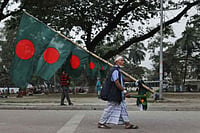The Delhi High Court Monday asked a Niti Aayog committee to expedite the process of formulation of a policy on a robust integrated medical system that includes the best of various branches of medicine.
A bench headed by Chief Justice Satish Chandra Sharma, while hearing a PIL seeking a holistic system of medicine, observed there existed a "wealth of knowledge" in different systems like allopathy, ayurveda and homeopathy and it should be examined whether they can be integrated.
"All are different branches. There is a wealth of knowledge if it can be integrated," the bench, also comprising Justice Sanjeev Narula, said.
"Basic understanding of human body is different in ayurveda and allopathy. All bodies are made differently...if knowledge can be integrated, why not?" the bench added.
Additional Solicitor General Chetan Sharma, appearing for the Centre, said such integration will have "the best of everything".
The court, during the hearing, clarified that the issue of integration was for the experts to decide.
"It is not for you and me to decide. It is for the experts to decide," it said.
The petitioner, lawyer Ashwini Kumar Upadhyay, told the court a committee has already been set up by the Niti Aayog to look at the issue.
"Committee is requested to expedite the process," the court said.
The court also made two entities, Medico Legal Action Group and yoga exponent Ramdev’s Patanjali Research Institute, parties to the proceedings.
Upadhyay has claimed in his petition that adoption of a holistic approach in the medical field, which could be a combination of modern and traditional medicine at the level of education, training, practice, and policies and regulations, would secure the right to health guaranteed under Articles 21, 39(e), 41, 43, 47, 48(a), 51A of the Constitution and improve the country's doctor to population ratio and strengthen the health care sector.
The petitioner has said integrated health systems are present in several countries including China, Japan, Korea, and Germany, and asserted “coordination of all medical systems” will benefit patients.
“We have an alternative force of medical professionals who have always been neglected by the Government and are capable of providing a supporting hand to uplift our health care status.
“There are 7.88 lakh Ayurveda, Unani, and Homeopathy (AUH) doctors. Assuming 80 per cent availability, it is estimated that 6.30 lakh AUH doctors may be available for service and considered together with allopathic doctors, it gives a doctor population ratio of around 1:1000,” the petition says.
It says practitioners of modern medicine have remained confined to their niche which has restricted their practice and cannot benefit the diseased individuals by using other therapeutic regimens.
The petitioner has emphasised the negative impact of the “expanded pharmaceutical industry” and said the “so-called revolutionary medical innovations have in long-run proven to be dangerous causing severe and long-term side-effects but Centre is not introducing Holistic Integrated Healthcare System”.
“An Integrated Health System is the only solution to achieve the sustainable health goal of India. Commonly preferred allopathic medicine is chiefly comprised of approximately 40 per cent plant-derived components (USDA Forest Service 2021). If allopathic medicine is originally made of constituents of AYUSH then why not, we can accept them directly as part of our regular medicinal support system,” the petition said.
The matter will be heard next on January 19.








